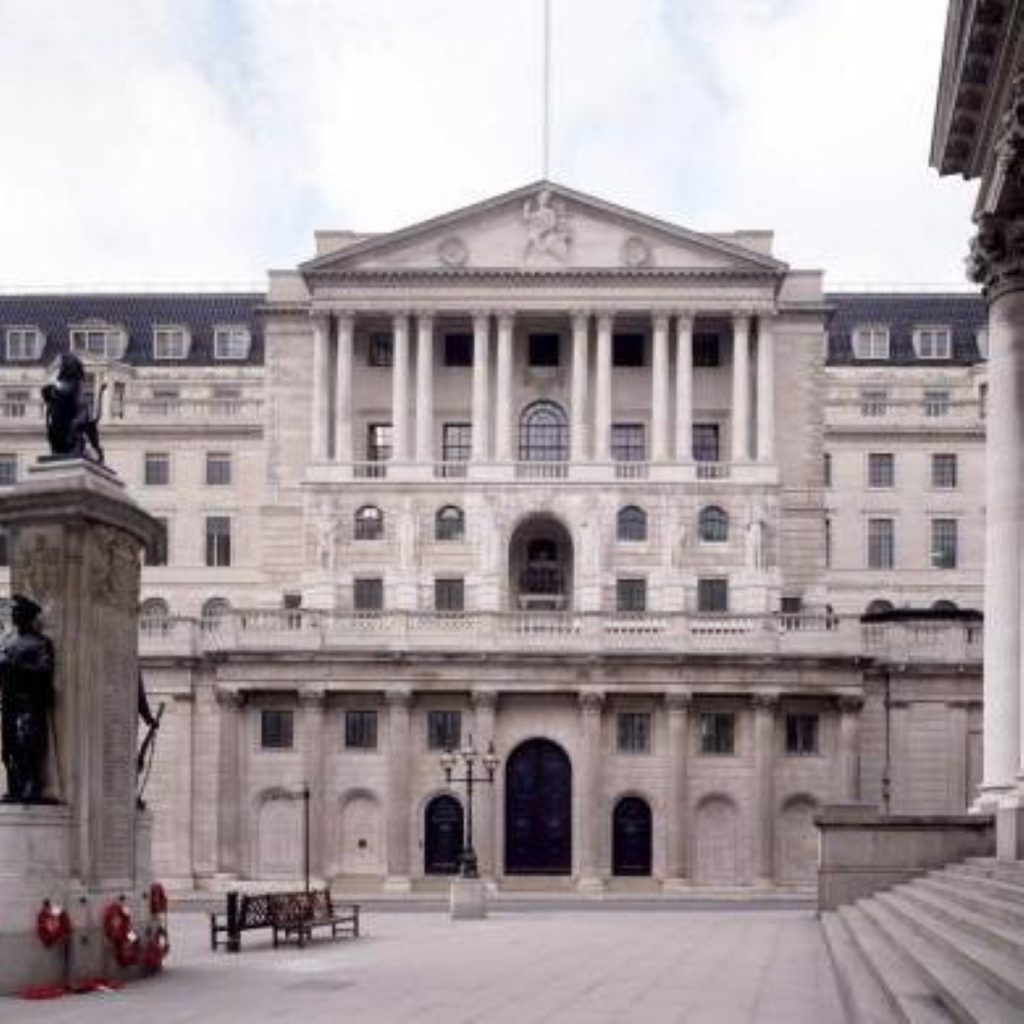Shock as inflation rises to 4.4%
Another surprising inflationary leap upwards will put the pressure on chancellor George Osborne ahead of tomorrow’s Budget.
Retail price index (RPI) inflation has reached 5.5%, its highest level for 20 years, while consumer price index inflation jumped from four per cent to 4.4%.
The latter, now more than double the Bank of England’s two per cent target, was driven by domestic heating costs, clothing and footwear and ‘miscellaneous good and services’, the Office for National Statistics said.


Analysts said the Bank faced a “huge problem” as it agonised over whether to continue to hold interest rates at 0.5%.
“The Bank is therefore caught between hiking rates to anchor inflation expectations, or leaving rates on hold to help prop up a fragile economy which faces the ramping-up of government spending cuts in coming months,” Markit’s chief economist Chris Williamson said.
The figures come just days after a report from the Institute for Fiscal Studies (IFS) which showed that actual household income – what is left after the effect of inflation is factored in – has fallen by 1.6 per cent over the three years to the end of 2011. This equates to a reduction in income for each UK household of £3460 per year.
James Browne, the author of the report, said: “With real earnings growth slow, and more tax increases and benefit cuts to come, household incomes are likely to remain stagnant for some time to come. Household incomes will probably still be below their 2008 level in 2013.”
The report voices some of the same concerns as expressed by Mervyn King, the governor of the Bank of England, who said earlier this year that the impact of the VAT rise and other inflationary factors meant that people’s earnings are unlikely to keep pace with inflation during the course of 2011.
Today’s inflation figures only serve to underline the difficult economic situation Mr Osborne faces as he announces his first March Budget tomorrow.
Britain’s economy slipped back into negative growth in the final quarter of 2010. If that performance is repeated in the first three months of 2011 fears of a double-dip recession would become a reality.
“These are a very disappointing and worrying set of figures,” shadow chief secretary to the Treasury Angela Eagle said.
“People across the country are really facing the squeeze from rising prices, which has been made worse by the Tory VAT rise. And they’ll be hit hard next month by cuts to tax credits and a child benefit freeze.”
Mr Osborne’s Budget is expected to lay out plans for a return to growth. But headlines are likely to be distracted by other measures, like the tax on private jets which was reported today.
The aviation sector will see passenger duty frozen, but travellers using corporate jets may have to begin paying tax as part of a bid to make the rich contribute more to the Treasury’s coffers.

